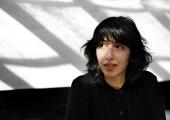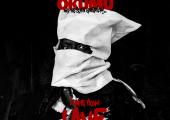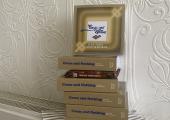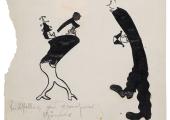Nick Laird: Up Late review - attention lapses

A collection of uneven elegies from a poet who could have given us more
A few pages before the titular poem of Up Late, Nick Laird describes a haircut in a bathroom mirror, and finds a possible art form reflected back: "something like a poem / glances back / from the deep inside." The lines are broadly representative of the image-repertoire and diction of Laird’s latest work: glassiness, fish and questions of depth perception loom large.








